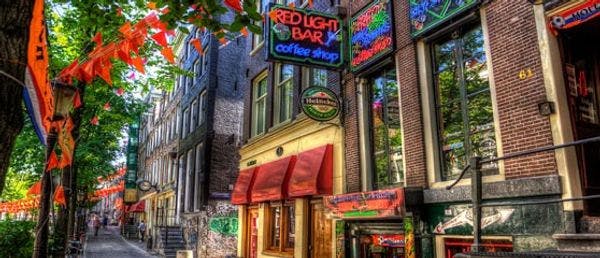Front door / back door: The paradox of the Netherlands' cannabis policy
The Netherlands' cannabis policy sits in uneasy limbo, with the evolution of consumer and coffee shop policies failing to be matched by regulation of the production and supply of marijuana for these businesses. Could this change in the near future?
The front door/back door paradox creates an intriguing, though fundamentally flawed system, ultimately leaving the Dutch government with two options moving forward based on how untenable the current position is. The first option is to simply scrap the coffee shop system that has become synonymous with the Dutch liberal approach to soft drug regulation, while the other is to put in place a regulatory framework for supply and production so as to properly align the whole approach.
The second option is of course not only favorable, but it is arguably more efficient as well. The lack of regulation of cannabis cultivation, for example, has seen a number of adverse effects; the average price of cannabis has increased in recent years, while the composition and quality of the drug has deteriorated, exposing users to increased health risks.
As for organized crime, the extent of its impact on the cannabis market in the Netherlands is still unclear. It is reported that an estimated €21–42 million in untaxed annual profits are made by criminal organizations involved in the supply side of the cannabis market in Amsterdam alone, while the industry was estimated to be worth over €2 billion a year in 2008.
Cultivation and supply regulation could do a lot to combat organized crime in the Netherlands by cutting out the criminal middlemen. It would also have the added benefit of generating revenue for cities and municipalities while saving the Dutch state a large amount of money on law enforcement. For example, a working group of Dutch civil servants found that by regulating the back door of coffee shops, the police and criminal justice system could save €160 million a year while corporate and excise taxes could bring in a further €260 million.
Click here to read the full article.
Keep up-to-date with drug policy developments by subscribing to the IDPC Monthly Alert.
